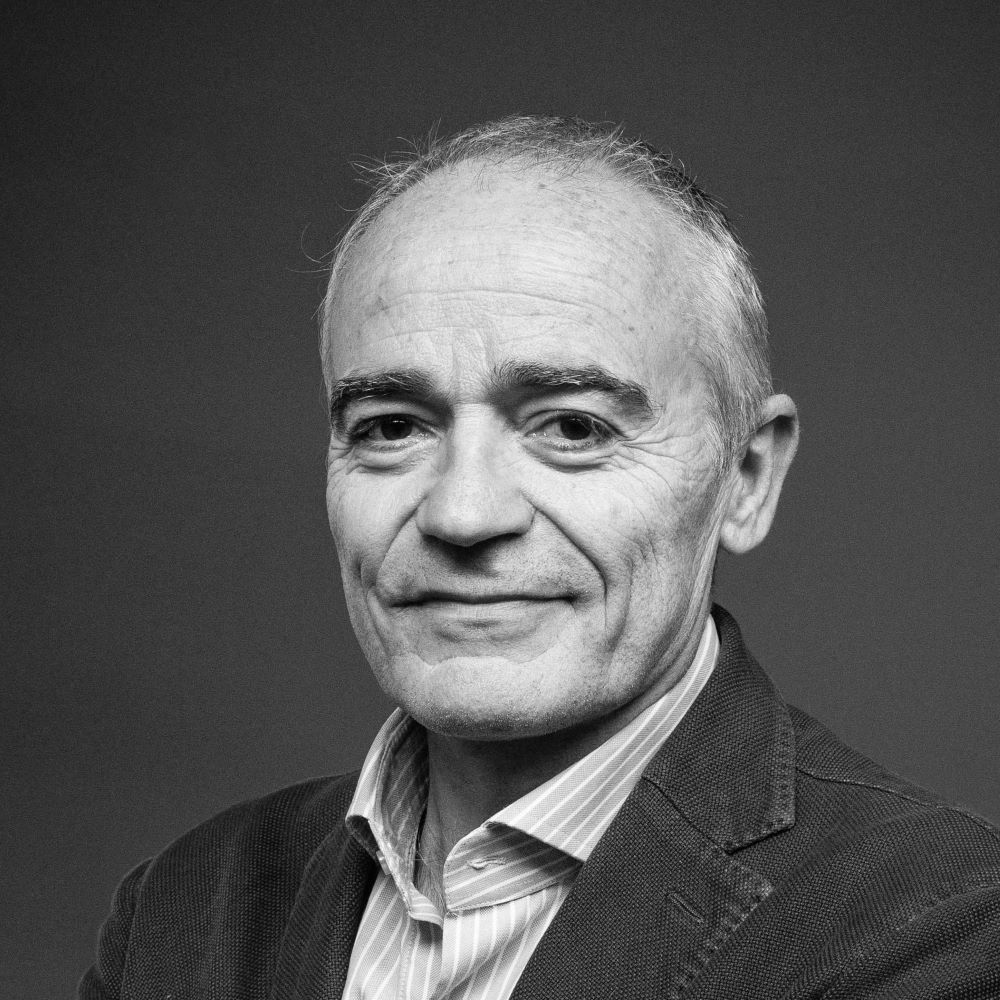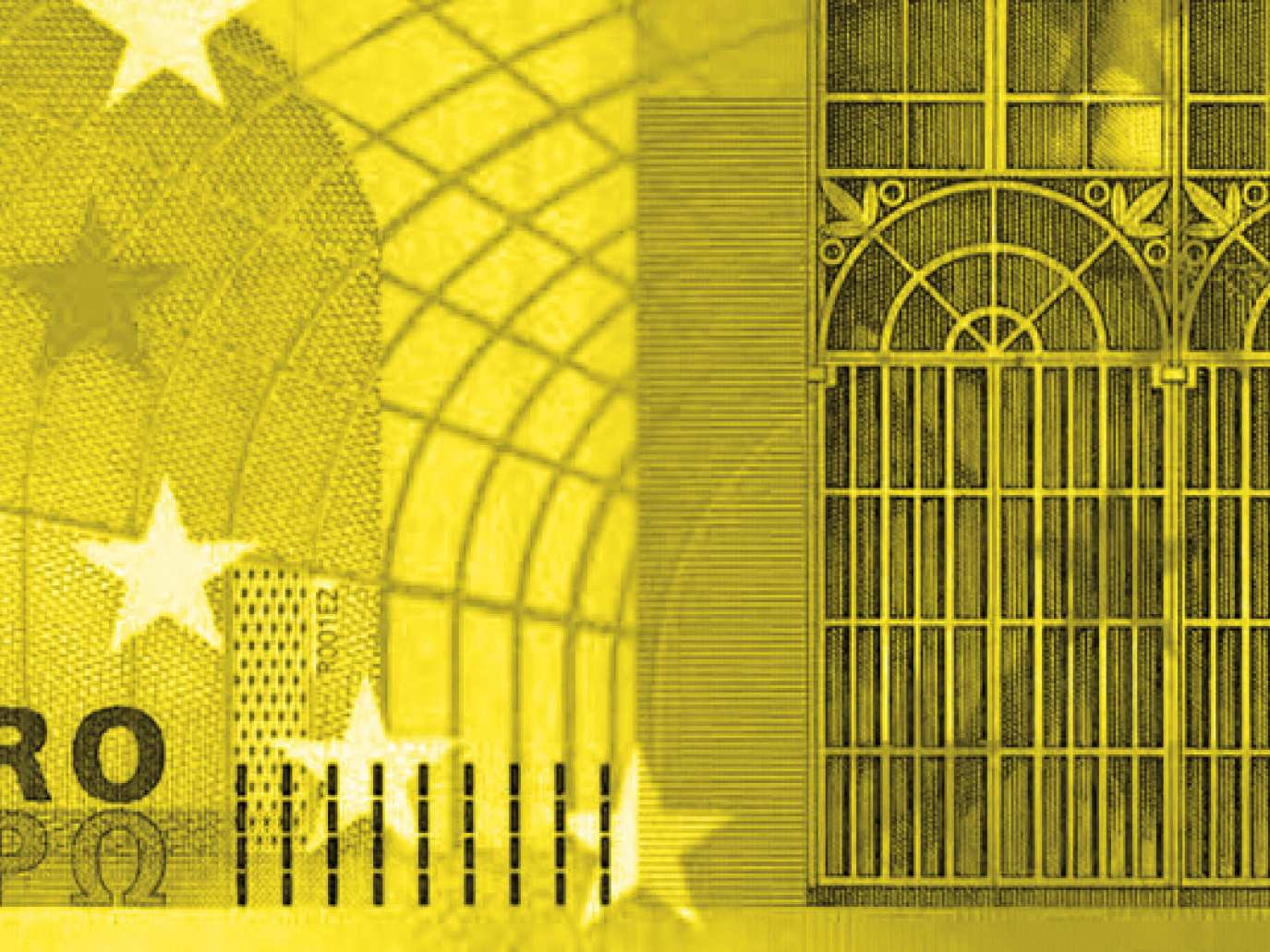The potential role of sustainable investments in the transition to a circular economy is the focus of a study undertaken in 2018 by the Italian Sustainable Investment Forum and CONAI, the Italian National Packaging Consortium. The objective of the study, aimed at financial operators and industries in the packaging recycling sector, is to suggest new possibilities in terms of collaborative channels: starting from a better understanding of expectations and mutual requirements.
After a first analysis that brings to light critical issues and common interest themes between two sectors that, so far, have had very little contact, the CONAI-ItaSIF study centres around a series of interviews aimed, on the one hand, at financial subjects already engaged in interventions in favour of sustainable development, and on the other at agents in the packaging recycling sector.
Thanks to these interviews, existing findings on relevant issues have been investigated further, highlighting different key points, especially in relation to interventions seen as necessary and desirable and to development prospects for sustainable finance in accordance with the expectations of the recycling sector.
The results of the study include some guidelines for investors who aim to integrate Environmental, Social and Governance (ESG) themes in their investment policies and business strategies, as well as subjects – both institutional and private – that are interested in starting pilot projects to develop sustainable investments in support of the transition to a circular economy, with the goal of directing capital flows towards initiatives and projects capable of strengthening the recycling industry. The publication of “Sustainable Finance and the Circular Economy. Guidelines for Investors and Businesses,” was presented to the Milanese financial audience during the “Sustainable Finance and Circular Economy” conference that took place during the Sustainable and Responsible Investment Week.
The Italian Sustainable Investment Forum
The Italian Sustainable Investment Forum (ItaSIF) was founded in 2001 as a non-profit multi-stakeholder association, including financial actors and organisations interested in the environmental and social impacts of financial activities. The Forum’s mission is to promote awareness and strategies linked to sustainable investments, with the aim to encourage the integration of environmental, social and governance criteria into financial products and processes. ItaSIF is a member of Eurosif, the association for the promotion of sustainable investment in the European market.
Being a signatory of the Paris Accord and the UN’s 2030 Agenda, Italy has placed sustainability at the forefront of its financial and economic policies, committing to the completion of a transition to an inclusive model of economic growth with low environmental impact.
In a European and international context, the circular economy paradigm takes on a crucial role because it advocates an economic model that is able to regenerate, and in which activities are organised to transform and reuse waste with positive consequences in terms of energy efficiency and reduced CO2 emissions. The recycling sector, pivotal instrument for resource management and reuse, constitutes a fundamental building block for an efficient integrated waste cycle.
The Role of Sustainable Finance in the Recycling Sector
“The starting point is quite simple: the prosperity of today has little meaning if it compromises the prosperity of tomorrow. Investments are the vehicle through which we build, design and maintain the goods on which future prosperity depends.” Tim Jackson’s words, in his recent essay Prosperity Without Growth (Edizioni Ambiente, 2017), clearly define the role that finance has to fulfil. An essential in the transition to a circular economy and directing capital towards businesses and projects that adopt eco-innovative solutions to make resources more efficient and minimise climate-altering emissions. The SRI division (Sustainable and Responsible Investment) is set to support the recycling sector thanks to distinguishing characteristics such as: integration of ESG criteria in the analysis of businesses, the need to conjugate financial yield with positive socio-environmental impacts, and a long-term oriented approach. Interesting and fruitful collaborations are likely to happen between SRI investors and businesses that have fully embraced the values of sustainable development, capable of leading to real cultural and economic/financial change: CONAI and the Italian Sustainable Investment Forum began their strategic partnership with the precise aim to develop this potential for collaboration.
The Importance of SMEs
The CONAI-ItaSIF research concentrates mainly on the work of small and medium-sized enterprises, which constitute Italy’s economic and productive backbone, and in particular on the packaging sector, covering the entire life-cycle of a product. Given their high exposure to scarcity and the rising prices of raw materials, SMEs have higher incentives to invest in energy efficiency and the optimisation of the productive cycle, minimising waste. However, difficulties in accessing technical know-how and the capital necessary for research and development weaken these businesses, given that they struggle to be included in the criteria for receiving grants established by financial institutions. From this perspective, SRI can intervene by facilitating access to credit and equity investment, developing products and services specifically adapted to the needs of SMEs involved in the packaging sector. These solutions will have to be designed so as to reward businesses that transform their productive processes so as to increase sustainability and act in accordance with the circular economy paradigm, whilst at the same time incentivise change in those businesses that have negative environmental traits.
CONAI (Consorzio Nazionale Imballaggi)
CONAI is a private non-profit consortium. Consortium systems in Italy arise as management models by private companies for the tackling of public problems of collective interest, i.e. the environment, in accordance with collective responsibility principles. Around 900,000 companies which produce or use packaging have joined the Consortium.
Founded on the basis of the Ronchi Decree of 1997, the Consortium marks the transition from a management system based on landfills to an integrated system based on the prevention, recovery and recycling of six packaging materials: steel, aluminium, paper, wood, plastic and glass.
In terms of increasing sustainable investments in the circular economy, research suggests two key areas so as to improve intervention. On the supply side, the introduction of specific financial instruments for activities relating to the circular economy will be essential, especially if they are created with SMEs in mind. For example green bonds and themed stock indices.
Additionally, in relation to both supply and demand, the goals of businesses and investors need to be aligned so that this relationship does not become imbalanced – as often occurs – in favour of the financial side. To this end, businesses can take action in several ways, for example: by introducing governance models that are more transparent and open to “active and participative” contributions from investors; by improving the quality and efficacy of the way social and environmental impacts are measured; by collaborating with other businesses in the same sector to minimise the negative effects of fragmentation; by adopting a mid-to-long-term framework in the development of industrial plans. Finally it is important that both investors and businesses share the ESG approach in their corporate policies.
While substantial progress has been registered in recent years – both on the normative-policy level and at the economic-financial level – the transition to a circular economy is far from complete. With this in mind, the diffusion of a new cultural attitude and the strengthening of dialogue between recycling businesses and investors regarding the common themes of social and environmental sustainability, are both crucial.
Sustainable finance and the circular economy. Guidelines for investors and businesses, http://finanzasostenibile.it/wp-content/uploads/2018/11/manuale-CONAI-per-WEB.pdf
http://finanzasostenibile.it/forum-finanza-sostenibile-eng
http://finanzasostenibile.it/italian-sri-week-2018



